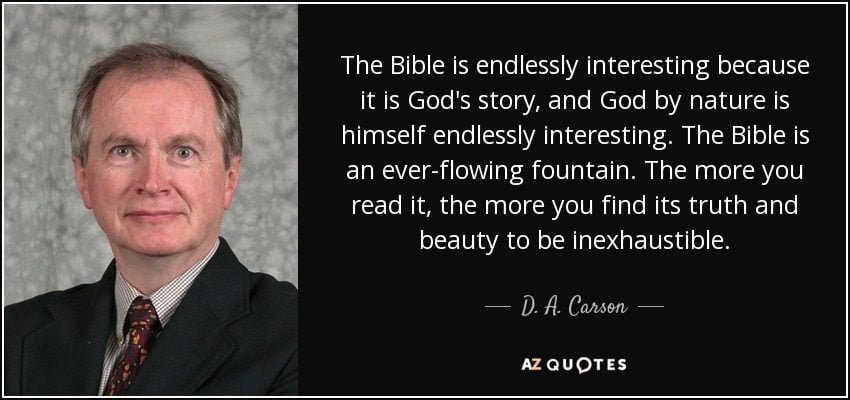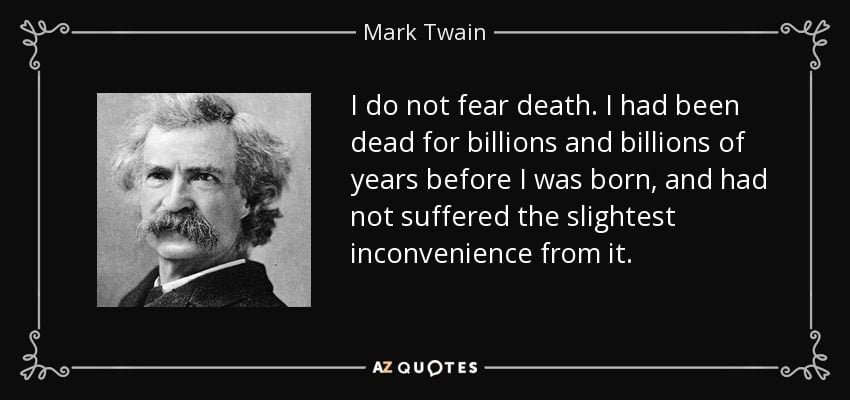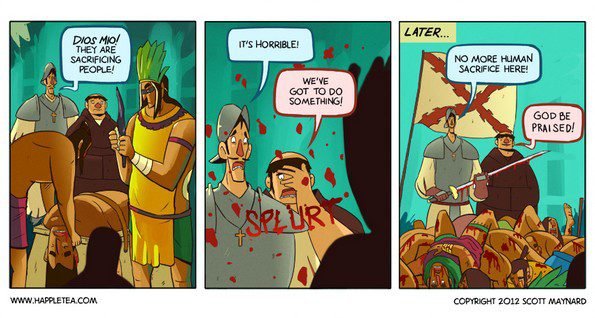
According to Evangelicals, the Protestant Christian Bible is an “inexhaustible” collection of religious texts. No matter how many times you read from Genesis 1:1 through Revelation 22:21, you will never exhaust the truth and knowledge found within its pages. Colleges, universities, and seminaries — both secular and religious — devote themselves to the Bible’s inexhaustibility. The Bible, in the eyes of believers, is unlike any other book. It stands above all the other books ever written, including the divine texts of other religious traditions. You see, Evangelicals believe GOD wrote the Bible. Regardless of their position on Biblical inspiration and inerrancy, Evangelicals believe that the Bible consists of the very words of God. When Evangelicals read the Bible they believe they are reading God’s words to them; a timeless supernatural message to fallible humans from a supernatural God.
The irony of this position is the fact while Evangelicals believe the Bible is an inexhaustible text, most of them do not read it; most of them have never read the Bible all the way through one time; most Evangelicals are content to read devotional bits and pieces of the Bible. Evangelicals show up on Sundays, Bible in hand, to hear the Word of God read, taught, and preached to them. Once the service is over, their Bibles will be tossed in the back windows of their cars, stuffed under the front seats, or conveniently deposited on a catch-all at home, not to be picked up again until the following Lord’s Day. Most Evangelicals will testify to being born-again Bible believers, yet when quizzed on what the Bible actually teaches, they are clueless. And if it is this way in Evangelical churches, imagine how it is in mainline/progressive churches. The Bible remains the number one bestselling book. Rarely read, but everyone has one. I laugh when I hear of Evangelicals handing out Bibles to Americans. Who in America doesn’t have a Bible? Oh, they might have to dig deep into the recesses of their closets to find it, but virtually every American has a copy of the Bible. The issue, then, is not availability. Everyone has a Bible, but few people take the time to actually read it.
Why do Evangelical pastors cajole congregants to read their Bibles, without success? Many pastors have thrown in the towel and have resorted to supplying congregants with devotionals containing a couple of Bible verses and a sermonette for each day of the month. There are roughly 31,000 verses in the Bible. Using the devotional method, it would take forty years to read through the Bible one time, and that’s providing the devotionals covered every book in the Bible — which they don’t. Evangelicals, when they bother to read the Bible at all, typically read Genesis, Proverbs, and Psalms in the Old Testament and the Gospels in the New Testament. Few Evangelicals are willing to devote time to reading through Numbers, Leviticus, or Chronicles (and I don’t blame them — ugh).
Consider the Evangelical belief that the Holy Spirit lives inside every Christian; that he is their teacher and guide. Here Evangelicals have God living inside of them, daily guiding and directing their paths, yet they neglect faithfully and diligently reading and studying the Bible. Not much of a teacher, this Holy Spirit, if he can’t get his charges to do their homework. If the Bible is God’s roadmap for life and a manual by which Evangelicals are to govern their lives, why do so few of them bother to read it?
Perhaps the problem is that many Evangelicals don’t privately buy the party line about the Bible. Perhaps they have concluded that Bible is NOT a supernatural book; that it is not an inexhaustible text. Perhaps Evangelicals have learned — though they dare not speak it out loud — that the Bible is of human origin and that there’s better literature out there waiting to be read. Calvinistic Theonomist Rousas Rushdoony said in one of his books that most books aren’t worthy of being read once let alone twice. Too bad Rushdoony didn’t apply this to the Bible too. As an Evangelical, Rushdoony believed the Bible was different from all other books; that the books of men were rarely worth being read once, let alone twice, but the inexhaustible Bible, well, it was worthy of being read day after day, month after month, year after year.
As a pastor, I encouraged congregants to immerse themselves in God’s inspired, inerrant Word. At times, I berated them for being lazy; for not devoting time to reading and studying the Bible. Polly remembers me oh-so-fondly getting after her for not being a diligent reader of the Word of God. Later in life, I came to see that the reason Polly didn’t have time to read the Bible (or pray) is that her domestic chores and church obligations took up virtually every waking hour. I, on the other hand, was paid to read the Bible. I had hours upon hours to read and study its words, reading the Bible from table of contents to concordance numerous times. Later in my ministerial career, I quit guilting people into doing things such as praying, attending church, or reading their Bibles. I finally recognized that the people who called me preacher had lives outside of church. I was wrong to judge their lives by my own.
One dear lady faithfully played the piano for many years. She attended church every time the doors were open. She went out on street ministry and helped with our Christian school. She was a devoted follower of Jesus. She did, however, have a problem with making herself read and study the Bible. Try as she might, she simply wasn’t that interested in reading the Bible. You see, she didn’t find the Bible to be an inexhaustible text. Now, she was a voracious reader, but not of the Bible. Instead, she loved reading true crime stories. When she knew I was stopping by for a visit, she would put away her library books so I couldn’t see them. One day, I stopped by unannounced and found a large stack of crime stories from the local library. The look on her face betrayed her guilt. No time for God’s Word, I thought, but time to read this trash. Years later, I came to understand that this woman found true crime stories more exciting and compelling than the stories in the Bible; that there were better books to be read than the Bible; that once religious demands are stripped away, the Bible stops being compelling literature.
I am not suggesting that people shouldn’t read the Bible — perhaps they should. The Bible played a big part in the shaping of Western Civilization. Perhaps preachers should stop saying the Bible is an inexhaustible book, and instead encourage congregants to read through it once before they die. That way, Evangelicals can check off “Read the Bible” from their bucket lists. Done, now on to books by Gandhi, Wendell Berry, Allan Eckert, or Erica Jong. Too many books worth reading to waste your time reading just one book.
Were you a devoted reader of the Bible? Or did you struggle with reading the Word of God? Did you feel guilty over your lack of devotion to the Good Book? Please share your thoughts and experiences in the comment section.
Bruce Gerencser, 66, lives in rural Northwest Ohio with his wife of 45 years. He and his wife have six grown children and thirteen grandchildren. Bruce pastored Evangelical churches for twenty-five years in Ohio, Texas, and Michigan. Bruce left the ministry in 2005, and in 2008 he left Christianity. Bruce is now a humanist and an atheist.
Connect with me on social media:
Your comments are welcome and appreciated. All first-time comments are moderated. Please read the commenting rules before commenting.
You can email Bruce via the Contact Form.


 Caution! Snark ahead! You have been warned.
Caution! Snark ahead! You have been warned.






